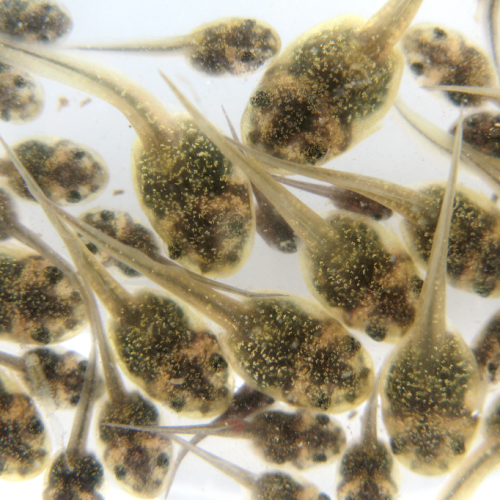Is it ethical to conduct genetic modifications on humans?
It’s one thing to discuss such modifications to be done on adults that are requesting it, but what about with infants or fetuses? That’s where the conversation becomes much more complicated.
The Other Concerns
Most people would likely agree that modification of defective genes that would otherwise result in damaging chromosomal maladies like Down syndrome or various types of lymphoma or leukemia is positive for the world and the health of the general population.
But the ethics of even doing that sort of medical change has been an area fraught with controversy. And it’s not surprising, as what one person considers a “defect”, another may not. Meanwhile, all of those topics avoid another just as disputed realm that involves so-called “designer babies”.
From this starting point, it appears obvious that only a case by case basis will suffice. Sweeping generalizations could only ultimately harm efforts to use this technology ethically and for positive purposes.
To Start A Conversation
But such concerns are, at least for now, largely hypothetical. Some aspects of gene editing are coming online, but they are almost entirely in the realm of medical intervention and not cosmetic changes. The technology isn’t quite there yet.
Even so, the National Academy of Science and the National Academy of Medicine felt it appropriate to release a joint report from ethicists on this evolving field on Tuesday, February 14th.
They advise holding any future germline alterations to strict criteria that limits the changes only to serious, often life-threatening, diseases that have no other treatment available. Such applications will also be held to considerable oversight from boards of medical professionals and organizations.
They explicitly do not, however, want to prohibit these treatments, as they are aware that prohibition won’t stop them from occurring. And it could just lead to the rise of the other unsavory types of modification that they do not want to see become commonplace.
Organizing For The Future
While the academies releasing the report aren’t allowed to set legal policy, they do wish to start the official discussion worldwide among all the science and medical groups in order to begin constructing a framework for an agreed upon international system for appropriate usage of gene editing technologies.
This would likely include international meetings annually or more frequently where such things can be talked about and debated and new research and experiments in the relevant subjects looked over.
The joint report, titled “Human Genome Editing: Science, Ethics, and Governance” can be found in the link below for full perusal.
As usual per the National Academies, it is extensive and comprehensive for the subject, covering all the different types of genetic modification currently available and what the consequences of each could mean for the future. It also calls for more public involvement in this discussion, as it is ultimately the public that will receive the benefits or harms that come from usage of these new technologies.
Photo CCs: Scientist looking through microscope from Wikimedia Commons





